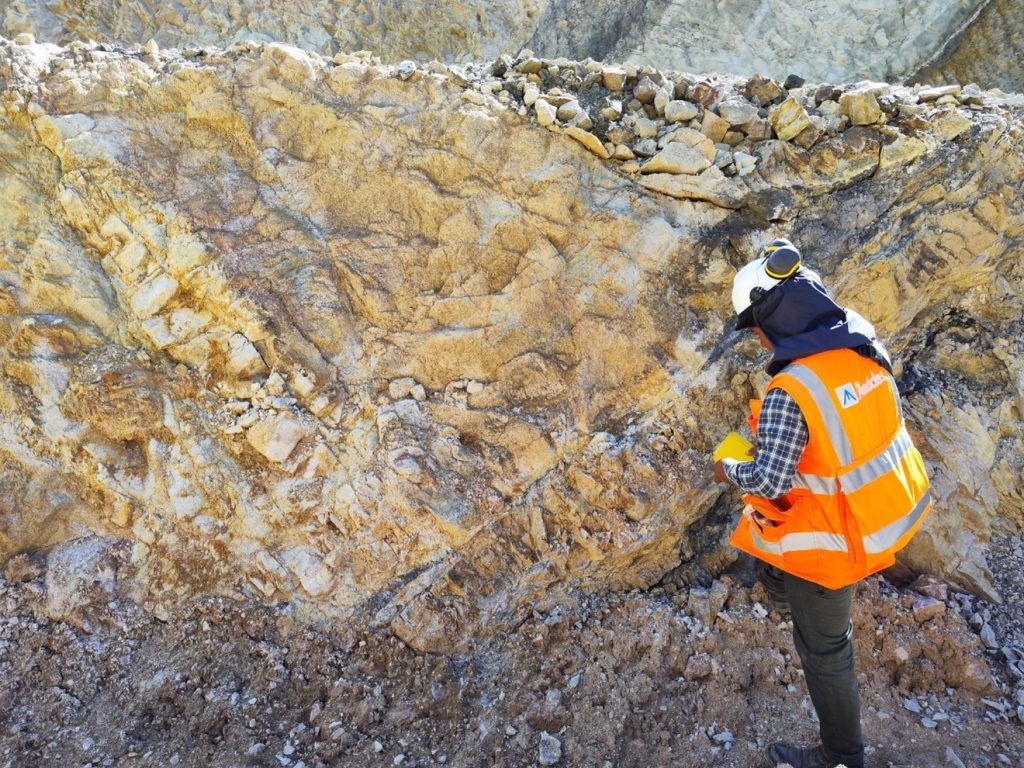

By the end of this CDGA training course, participants will be able to:
• To understand geostatistical methods.
• To apply geostatistical models to evaluate the data.
• To understand the concepts of Kriging and cokriging and how these are used in data analysis.
• To develop a conceptual geological model ahead of a static model building.
• To develop a sound structural model using regional data applied down to the model scale.
• To develop and test a stratigraphic model.
• To be able to develop a facies model and how to test this against analogues.
• To be able to determine a petrophysical and property models.
• To know how to generate an accurate 3D static model by integrating all the above.
• How to integrate with reservoir engineer to match simulation data.
Participants will learn to:
• Select optimal drill sites for field development
• Utilize log and rock data to identify reservoir and non-reservoir rock, and pay zones
• Determine fluid distribution and identify reservoir compartments
• Estimate field reserves throughout the life of the field
• Characterize carbonate and clastic rocks by productivity
• Construct geological reservoir models
• Determine field drive mechanisms
• Apply seismic analysis to reservoir development
• Optimize development through depositional characteristics
• Compile comprehensive development plans
• Use economic techniques to evaluate different development plans
• Understand the impact of drive mechanisms on recovery
• Apply seismic techniques for field development
• Optimize hydrocarbon recovery through development drilling
• Assess the economic impacts on field development
• Identify key factors affecting the development of fractured reservoirs
• Understand the impact of barriers on field development
• Implement secondary and tertiary field development strategies
• Rejuvenate old, marginal fields
This course is designed for: reservoir, development, and exploration geologists; geophysicists; petrophysicists; log
analysts; petroleum engineers; and experienced technicians
Outline:
Day 1: Development Projects and Subsurface Data
• Life cycle of oil and gas fields
• Oil and gas development projects
• Subsurface data and data gaps
• Reservoir rock and fluid properties
• Characteristics impacting field development
Day 2: Measurements and Evaluation of Subsurface Data
• Basic well technology, including horizontal wells, and well data
• Log and core data, uncertainties, and mapping
• Characteristics of carbonate reservoirs
• Subsurface pressures, with practical exercises
Day 3: Subsurface Models
• Application of geostatistics in reservoir characterization
• Seismic attributes for development geology
• Use of conceptual models and analogue field data
• Construction of reservoir geological models (static models)
• Design and upscaling of dynamic grids
• Reservoir dynamic models
• Model validation and ranking
Day 4: Volumetric Reserve Estimation and Uncertainty Analysis
• Influencing elements in volumetric reserve estimation
• Methods for volumetric estimation
• Deterministic and probabilistic reserve estimation
• Conducting uncertainty analysis
• Reserves classification and reporting
Day 5: Subsurface Development Options
• Field development planning (FDP)
• Use of analogue fields in development planning
• Project economics and sensitivity analysis
• Decision-making processes in field development
• Project planning and risk management strategies
• Strategies for secondary and tertiary field development
CDGA attendance certificate will be issued to all attendees completing minimum of 75% of the total
course duration.
| Code | Date | Venue | Fees | Register |
|---|---|---|---|---|
| GE143-02 | 08-06-2026 | Istanbul | USD 5950 | |
| GE143-03 | 04-10-2026 | Riyadh | USD 5450 | |
| GE143-04 | 13-12-2026 | Dubai | USD 5450 |
Providing services with a high quality that are satisfying the requirements
Appling the specifications and legalizations to ensure the quality of service.
Best utilization of resources for continually improving the business activities.
CDGA keen to selects highly technical instructors based on professional field experience
Since CDGA was established, it considered a training partner for world class oil & gas institution
3012, Block 3, 30 Euro Business Park, Little Island, Co. Cork, T45 V220, Ireland
Mon to Fri 09:00 AM to 06:00 PM
Contact Us anytime!
Request Info